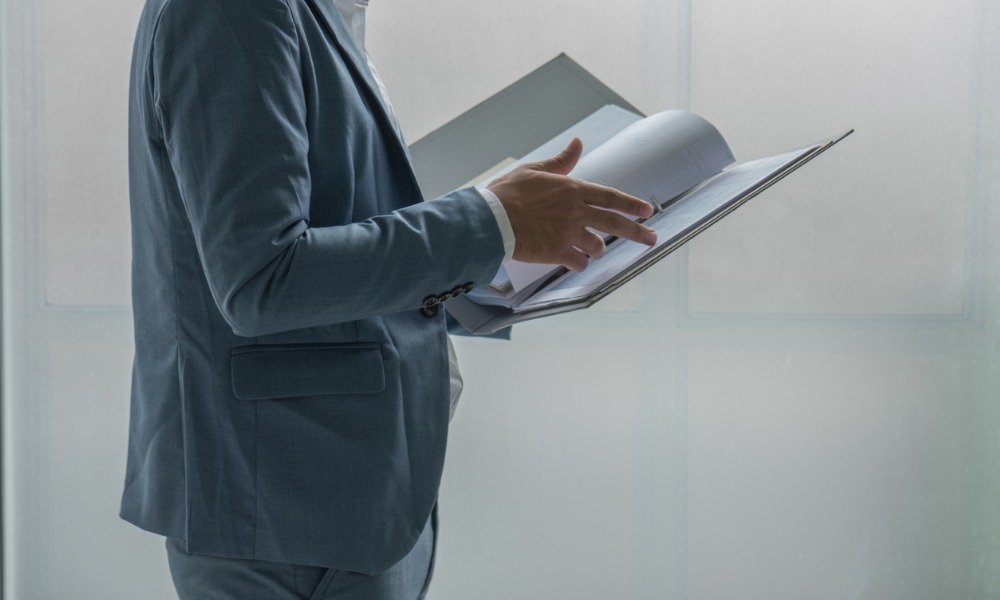Tax expert explains how both jobs can enjoy deductible benefits

What does a stripper and a professional Instagram influencer have in common? They both could be missing vital tax benefits.
You may laugh – or not – but one of the oldest professions has some tax crossover with one of the newest when it comes to expenses incurred when generating an income.
The CRA, via the Income Tax Act, states that these are reasonable expenses. For the stripper, this may be their outfit, their thong, for example, while for the professional blogger or influencer, they may have expenses when it comes to hair or make-up.
Lisa Gittens, tax expert at H&R Block, said: “That would be deductible but the minute you close the business shop or you’re not working, if that same outfit is what you're wearing to go to a club afterwards with your friends, it is no longer a business expense.”
The CRA, therefore, wants to see that this upkeep of hair and appearance is part of a kit used specifically when you’re on camera or, in the case of a stripper, on stage.
Questions from Instagram influencers have increased in this social media era and it’s an area that also encompasses gifts. An influencer that is not on contract, for example, is still receiving items – like a trip, for example – that is renumeration. If someone pays for them to go to Cuba to post and report on the country, the value of that trip is seen as income.
Gittens added: “If they have to incur any expenses when they're on that trip, then those are also deductible business expenses. In essence, they could deduct their cell phone? If they purchase clothing exclusively for that trip, that could also be seen as a business expense, providing they're not using that clothing afterwards for their own personal use.”
All well and good but how does the influencer or stripper prove that the outfit they purchased is for work only? Gittens explained that this comes downs to keeping detailed and efficient records, including photographs and receipts.
If you have documented proof, then the CRA, under the Income Tax Act, is obligated to go with your documented proof. No proof and you’re obligated to go with CRA’s assessment.
“Documented proof is always your number one safeguard," she added. "The second safeguard is to talk to a tax person and the final safeguard is to always ask the questions, no matter how silly or embarrassing it may seem.”



